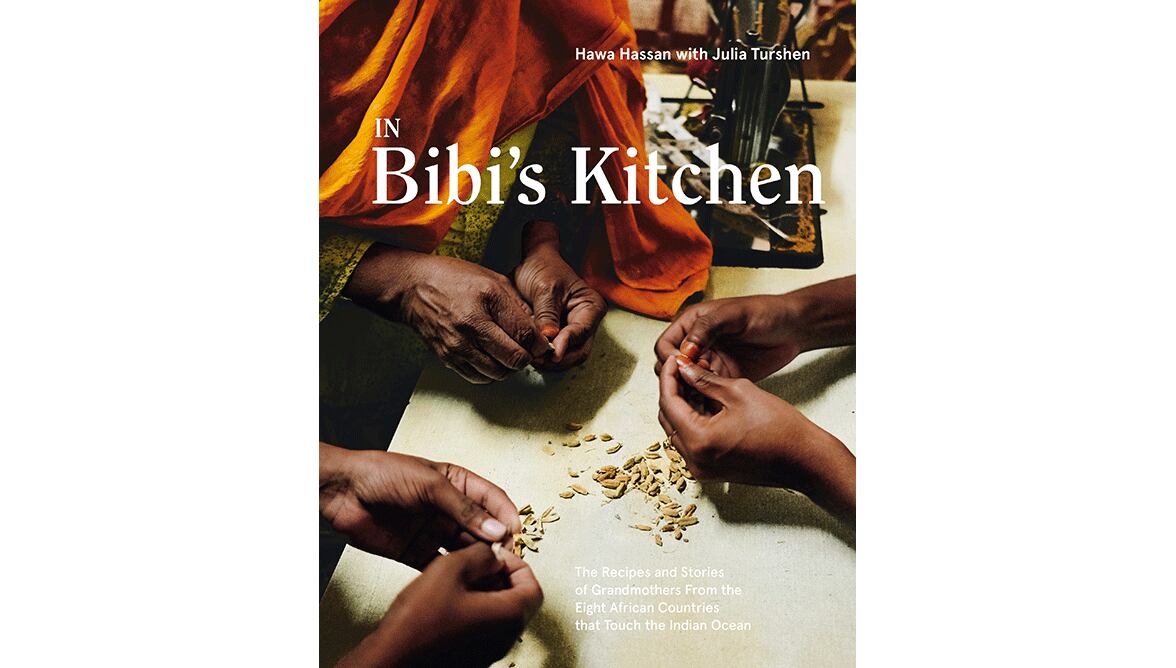Hawa Hassan was four years old when she fled with her family to a refugee camp in Kenya to escape the civil war raging in their native Mogadishu. At age seven, she traveled with a group of other Somali refugees to resettle in Seattle, Washington, believing that her mom and siblings would soon follow.
But fate took them to Norway instead.
Not until after she’d moved to New York to pursue a modeling career was she able to finally buy a plane ticket to Oslo. By then, Hassan had grown quite distanced from her Somali roots. But over childhood favorites such as canjeero (sourdough pancakes) and suugo suqaar (pasta sauce with beef), the mother-daughter relationship resumed. With each trip, Hassan felt more grounded in her identity.
In 2015 she started Basbaas, a company specializing in bottled Somali sauces inspired by her mom’s recipes. Yearning to delve deeper into the little-known foodways of East Africa, she found an eager partner in best-selling cookbook author Julia Turshen. Both believe home kitchens are gateways into cultures, and grandmothers (bibis) hold the keys. We meet many of them in “In Bibi’s Kitchen: The Recipes and Stories of Grandmothers From the Eight African Countries That Touch the Indian Ocean” (Ten Speed, $35).
Kenyan photographer Khadija M. Farah traveled the backbone of the East African spice trade, from Eritrea to South Africa, shooting landscapes and portraits of the grandmothers, or bibis, in their kitchens. The authors interviewed them, often via Skype. Their responses reveal much about the diversity from one country to the next, as do the recipes — many tinged with colonial influences such as one I tried for Denningvleis (sweet-and-sour braised lamb with tamarind) from South Africa’s Cape May community.
Ma Penny, a bibi who now lives in Massachusetts, explains why it’s important to keep cooking these dishes: “It helps me get the culture alive to my kids. And even when we visit (Kenya), they don’t feel so lost.”
Susan Puckett is a cookbook author and former food editor of The Atlanta Journal-Constitution. Follow her at susanpuckett.com.
Read more stories like this by liking Atlanta Restaurant Scene on Facebook, following @ATLDiningNews on Twitter and @ajcdining on Instagram.
About the Author
The Latest
Featured

